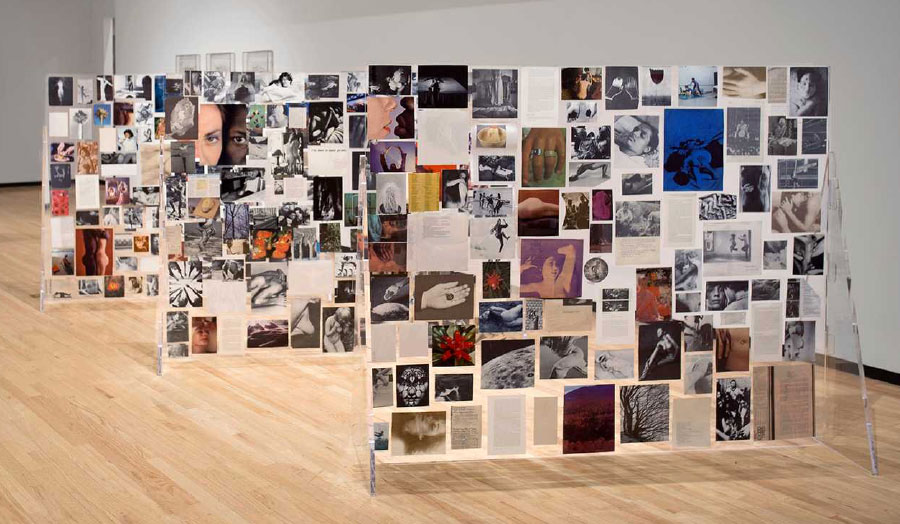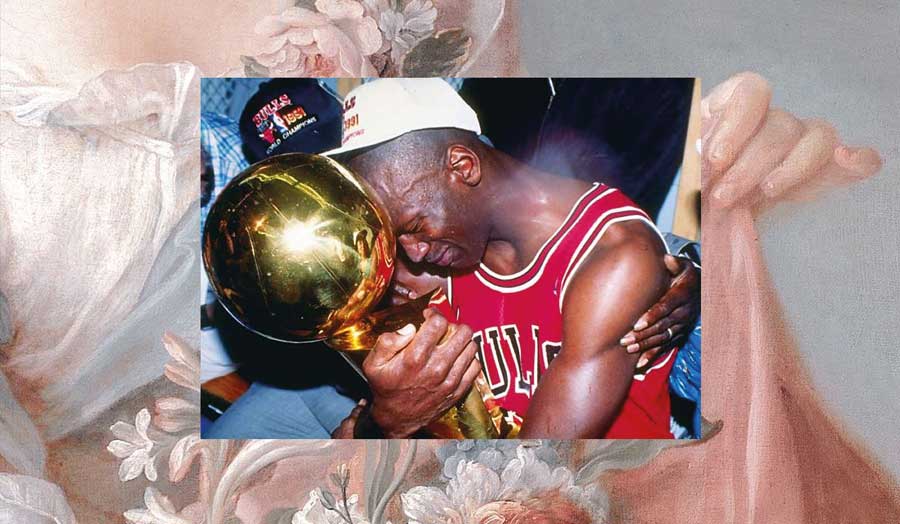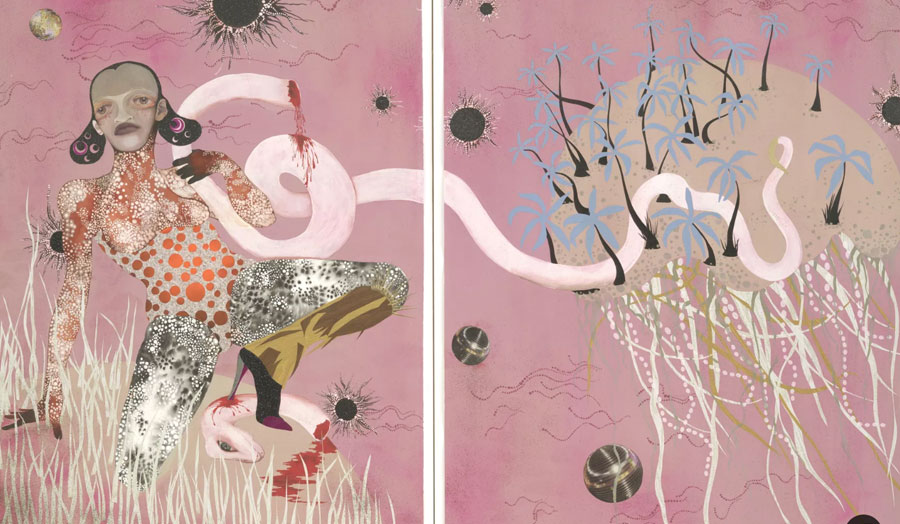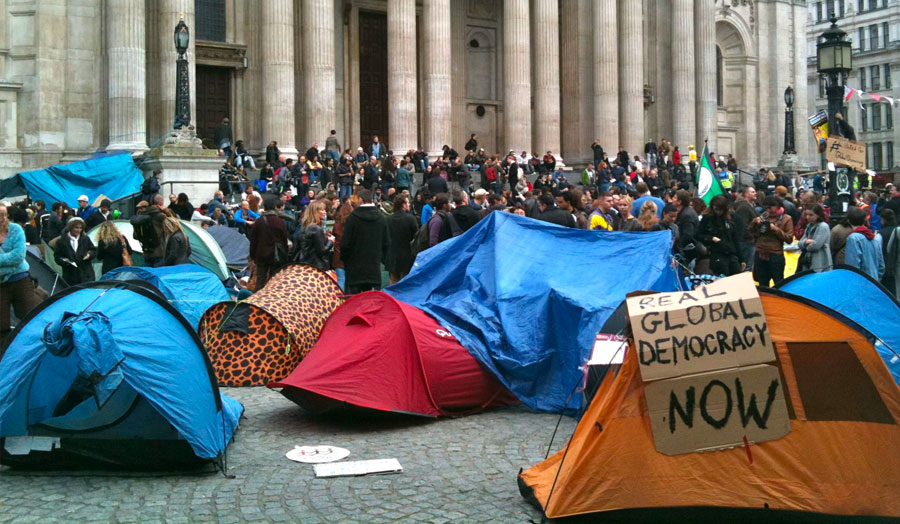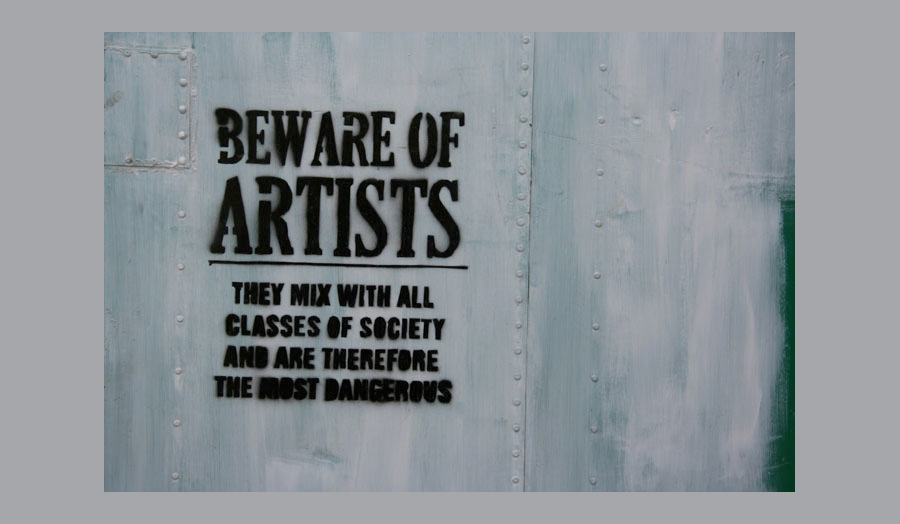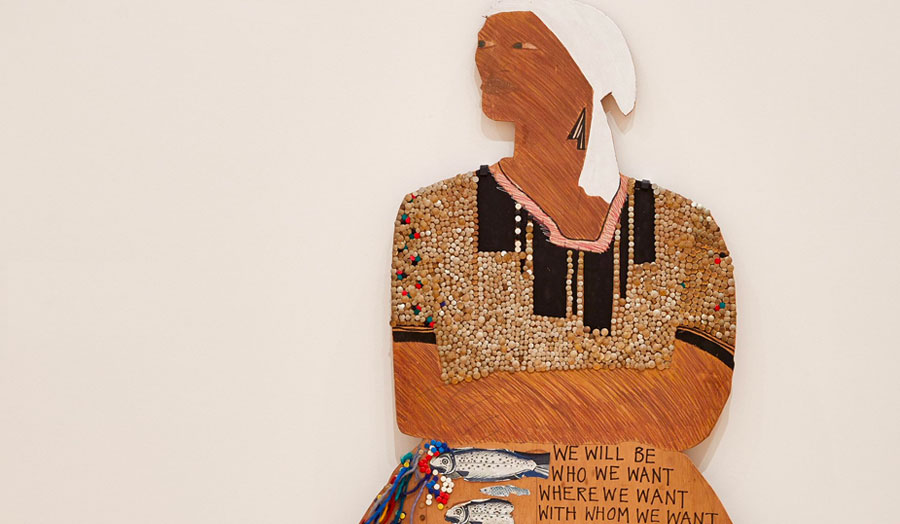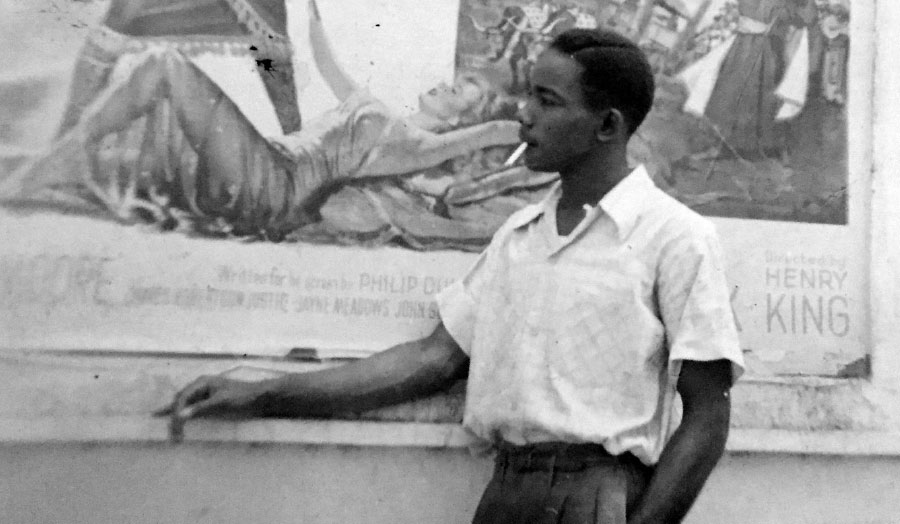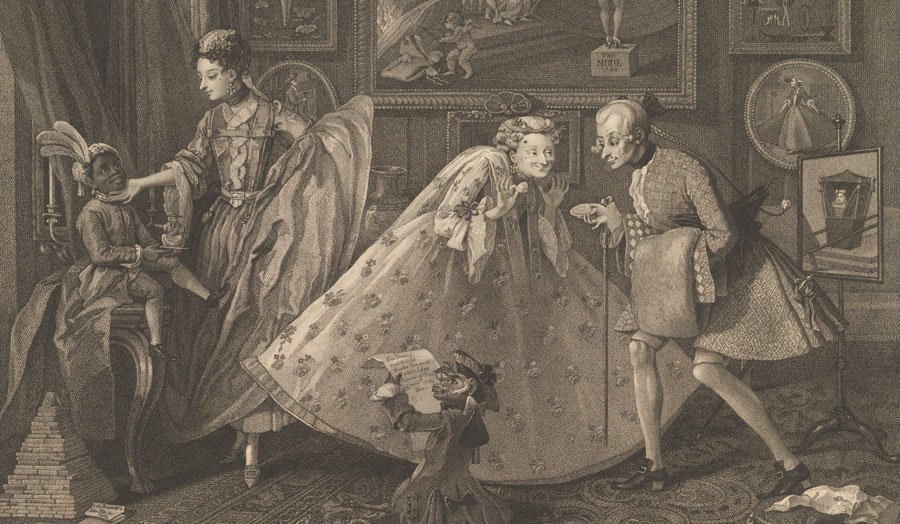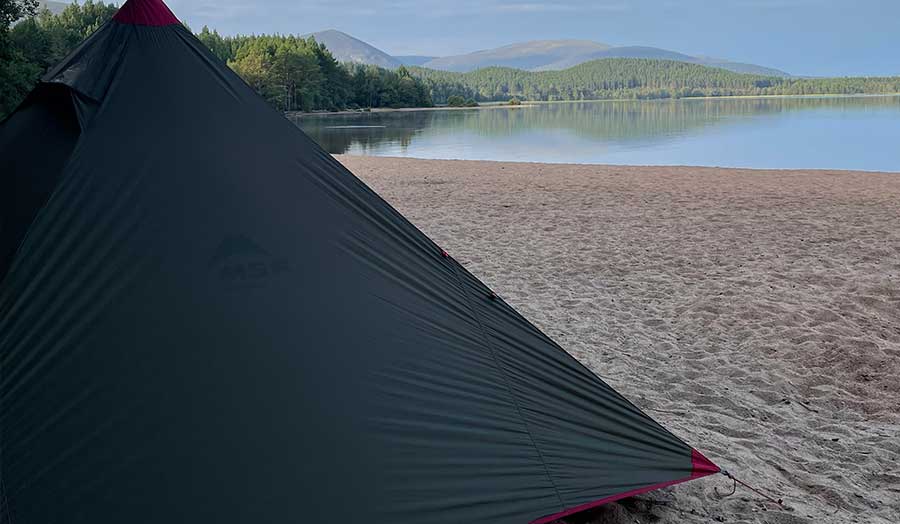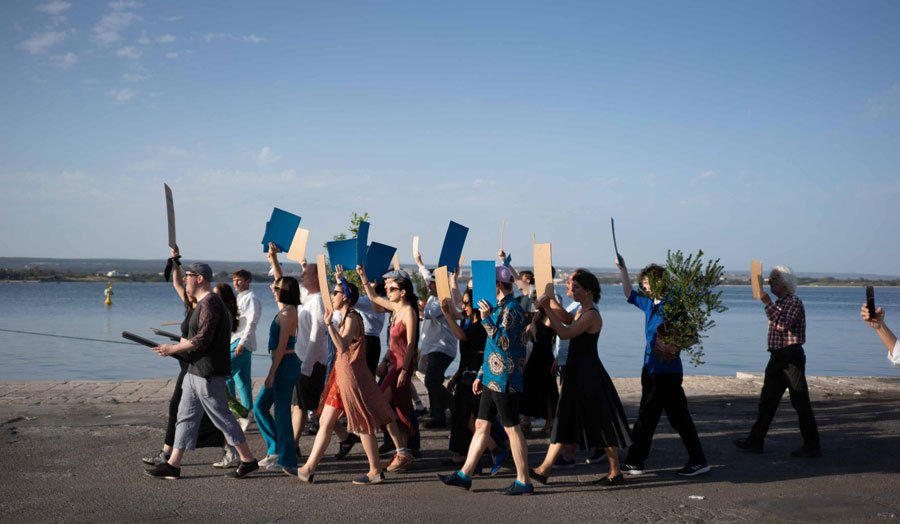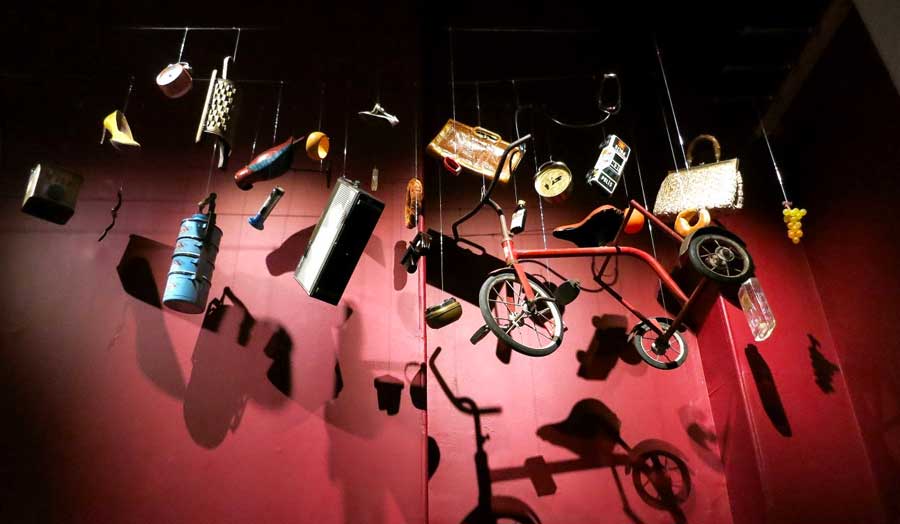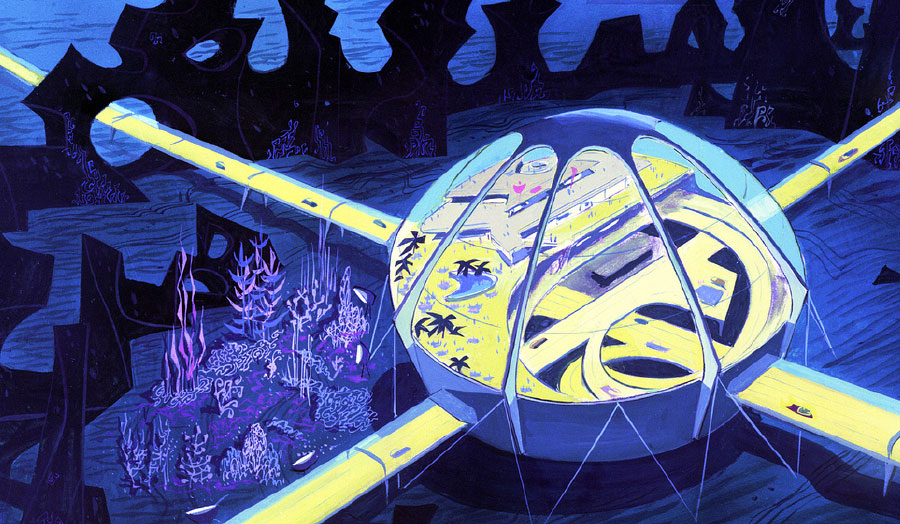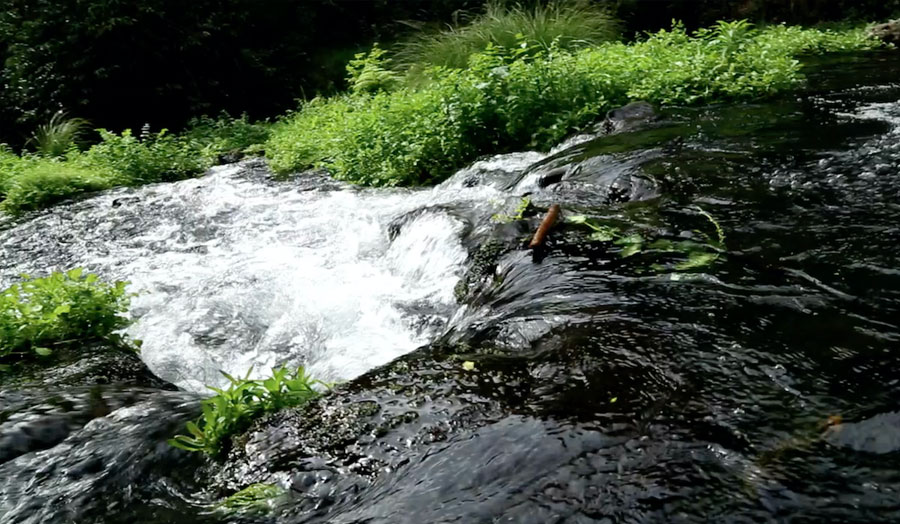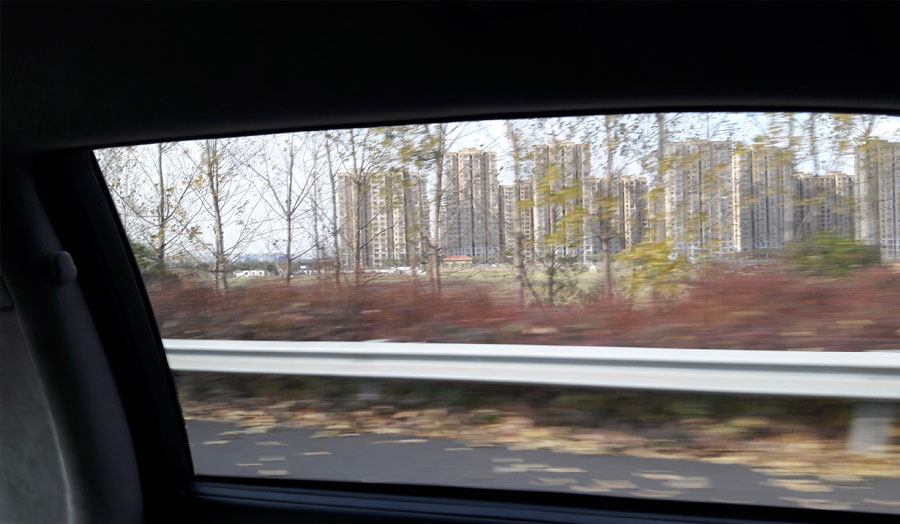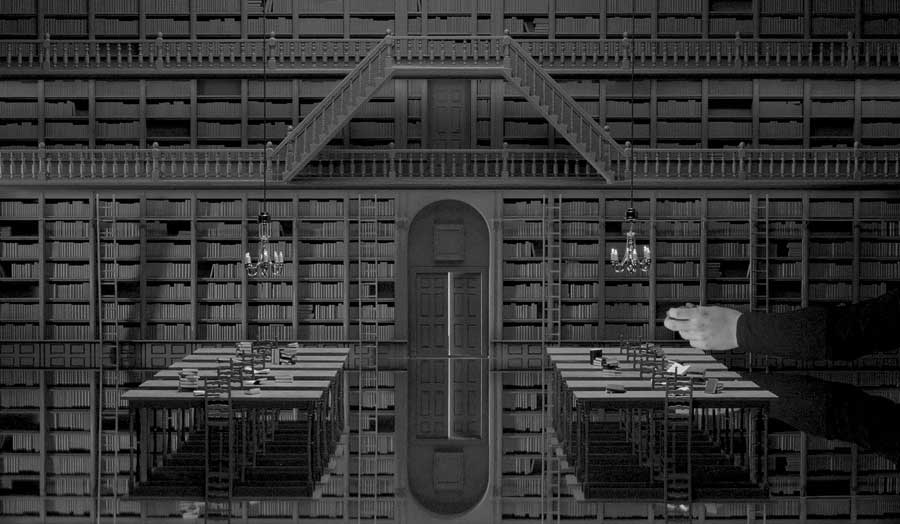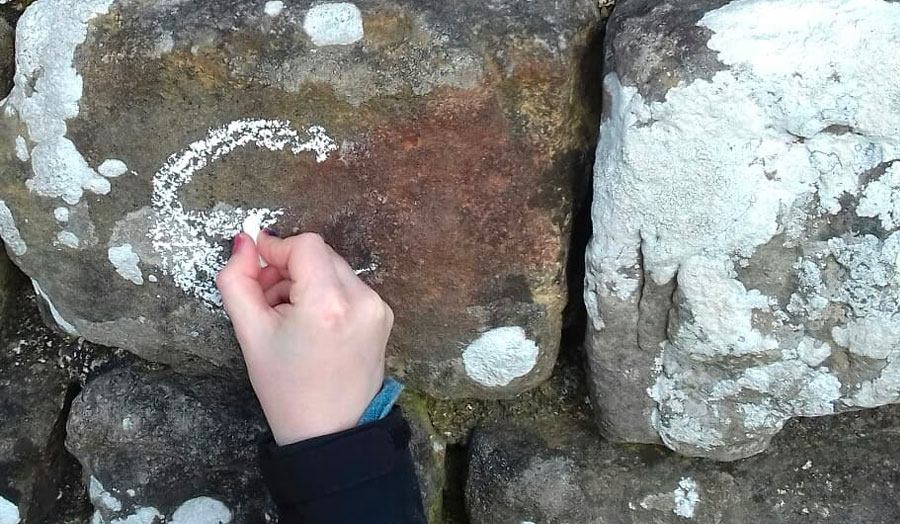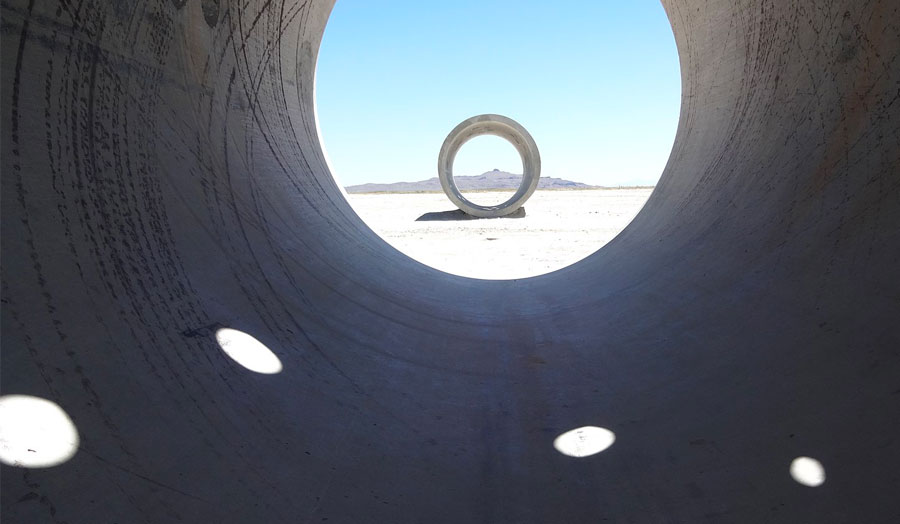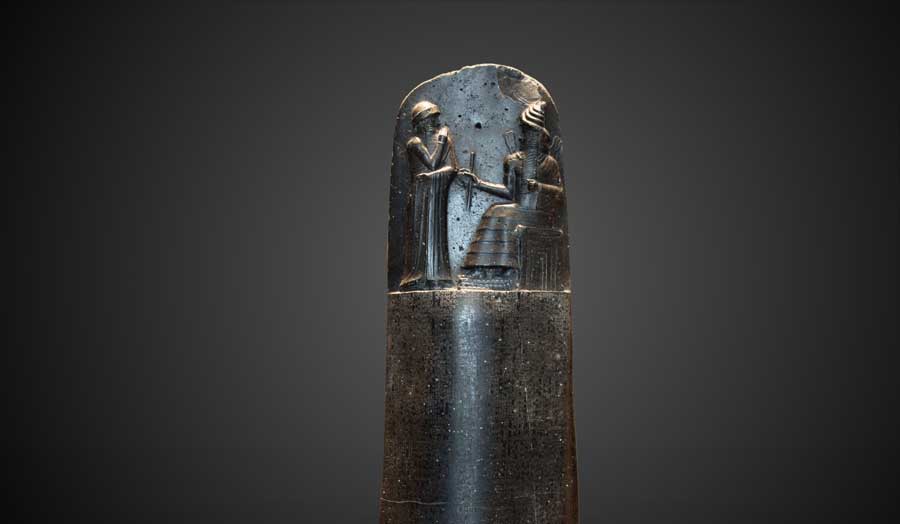Danielle Hewitt
Thinking With Ruins begins with the idea that to think about ruination allows us to approach subjects that are of interest materially, aesthetically and politically and it allows us to work across scales – from dust to debris to object to landscape. The postcolonial scholar Ann Stoler suggests rather than thinking about the ruin as a static object of melancholic reflection, we might instead think about ruination as a process, and therefore look to examine its sources and its tangible effects. In the studio, the idea of ruin will be explored broadly with a particular emphasis on the ruin as a trace; raising questions about what evidence and remains we use to tell stories about the past and the present.
In the studio we will examine varied texts and projects which raise questions and methods that help us to think with ruins. From these we will draw key themes that we will use to test and explore your own interests and objects of study, and you will be supported in completing short research activities to develop your project.
Some of the question we might ask include – how does the reception of ruins differ in settings where the Western emphasis on monumentality and permeance is replaced by alternative spiritual and cultural attitudes to the passage of time? What do the Black Caribbean writers Derek Walcott and Orlando Patterson mean by “an absence or ruins” when talking about the experiences of diasporic and colonised people? How must we understand ruins now at a time when ruination is present and violent through acts of conflict? What modes of thinking and storytelling must we develop to engage with the quick and slow ruins being created by drastic changes in climate?
Keywords: time/temporality, evidence, history, destruction, decay, materiality
Links and activities
- Read the poem Ruins of A Great House by Derek Walcott
- Watch the film trailer to Natura Urbana: The Brachen of Berlin and think about plants as evidence and remains.
- Browse this collection of essays on The Destruction of Cultural Heritage: From Napoléon to Isis.
- Read On Emptiness,* the curator Kim Nguyen’s response to the artist Abbas Akhavan’s exhibition Cast for a Folly (*download the PDF or view with screen in landscape mode for the full text).
- Watch the film The Pruitt Igoe Myth (search streaming services).
- Read this introduction to Amelia Groom's book on Beverly Buchannan’s artwork Marsh Ruins.
*
Studio image:
Ruined Cold war listening station on an artificial hill built from rubble produced from bombing in World War II. Teufelsberg, Berlin, Germany. Credit: A.Savin, WikiCommons. Banner: Hans Op de Beeck, Staging Silence (3), video still (detail), 2019
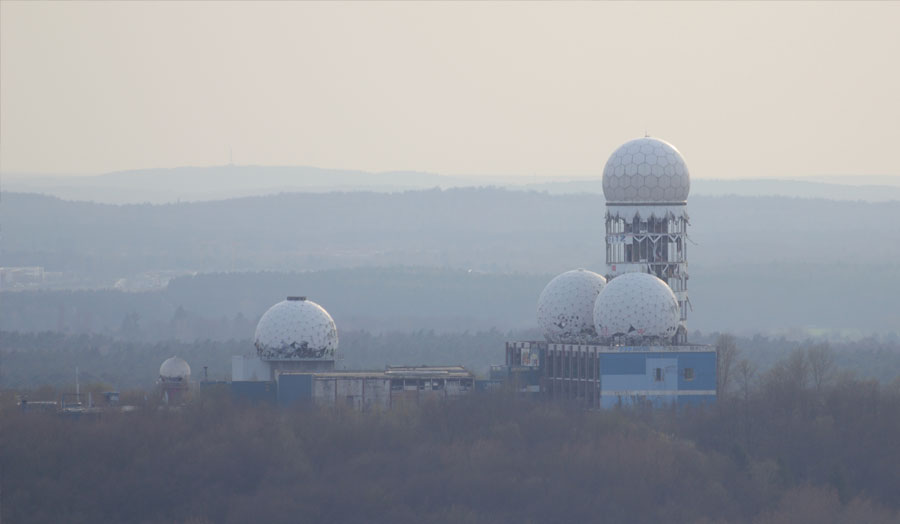
Details
| Tutor | Danielle Hewitt |
|---|

